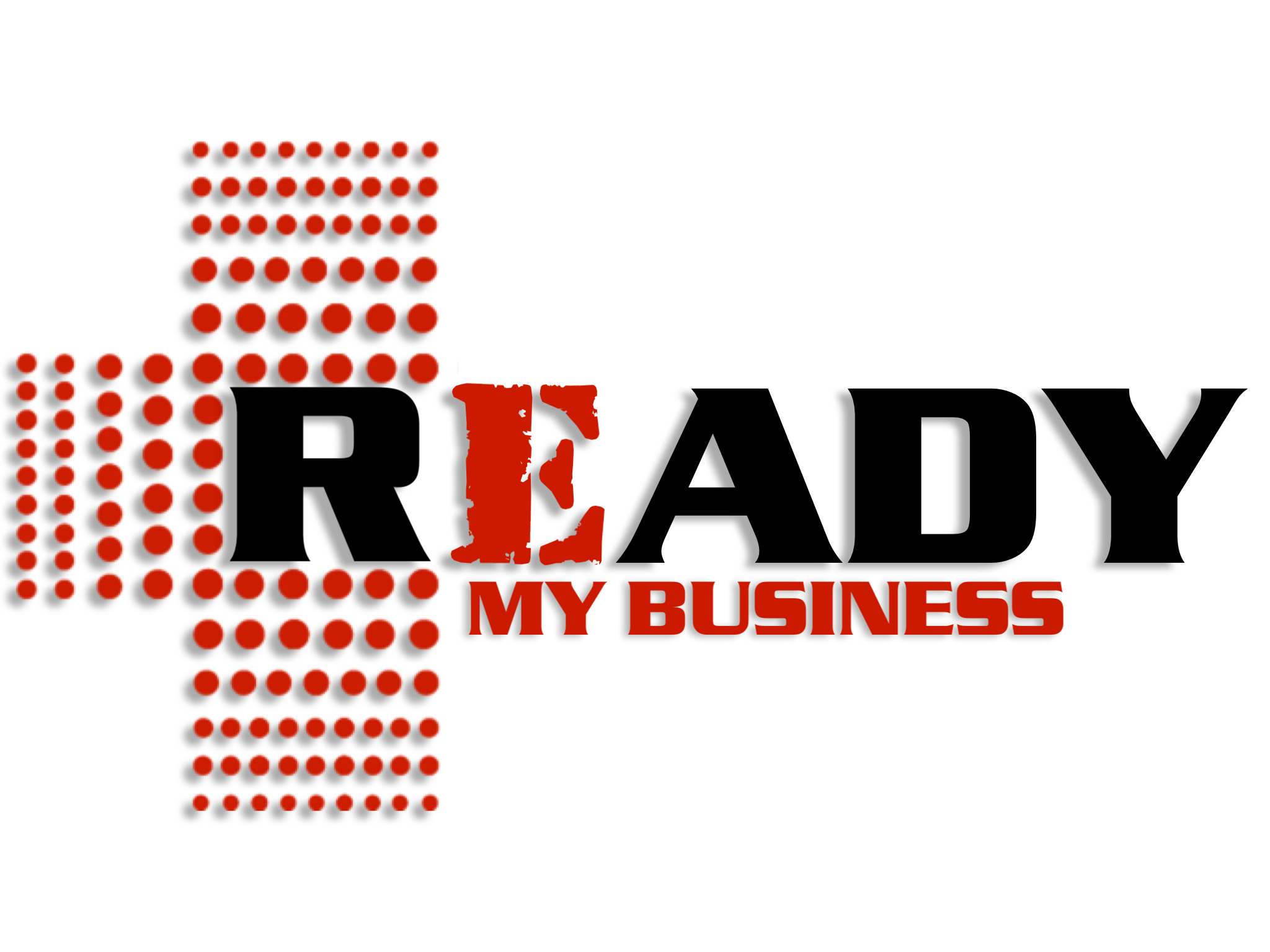
Disasters Can Happen at Anytime
Small businesses are vulnerable to failure when they’re impacted by significant events. As a business manager you will need to recover in a timely fashion, because your fixed costs continue even when you can’t open your doors. If you don’t plan it through before it happens, you’ll have to do it on the fly and make decisions when you’re stressed.
Reviewing the following areas to develop a formal continuity plan for your business is a critical action item.
Assess your risks. Before you can begin creating a plan to mitigate and deal with disasters, you need to come up with a list of external events that can hurt your company. Think through all the threats that could cause damage to your business, and determine how they might affect you. These can be natural events, such as a tornado or flood, or man-made ones, like robbery.
Prioritize business functions. Decide the order in which certain business operations will be restored in the event of an interruption. Functions that bring in more business and generate more sales should be your first priorities. Having the proper insurance coverage for those operations can help you recoup your losses and get the most critical functions of your business rolling again
Develop prevention and mitigation strategies. Once you’ve determined your business’s most important functions, the next step is to come up with strategies around them to prevent and mitigate the various types of disasters you may encounter. For example, if electrical power is a crucial operations item, your recovery strategy should include ways to quickly correct a power failure.
Test and maintain your plan. You don’t want your first test to be the real event. When your plans are developed, test them out: Have your team walk through the steps of your disaster-recovery plan. If you can’t do what needs to be done, figure out how to modify the plan so your recovery goals can be achieved.
Protecting your employees. Above and beyond everything your business does, owns, and controls, your employees are the most important asset. Disasters never happen at the most opportune time, they can happen at anytime. Insuring your employees have food to eat and water to drink is critical. I might take days or weeks depending on the extent of a disaster before your employees maybe able to head home.
Long and Short Term Supplies For Workplace Emergencies
David Gregersen | 801-953-5648 | david@slenterprise.com

